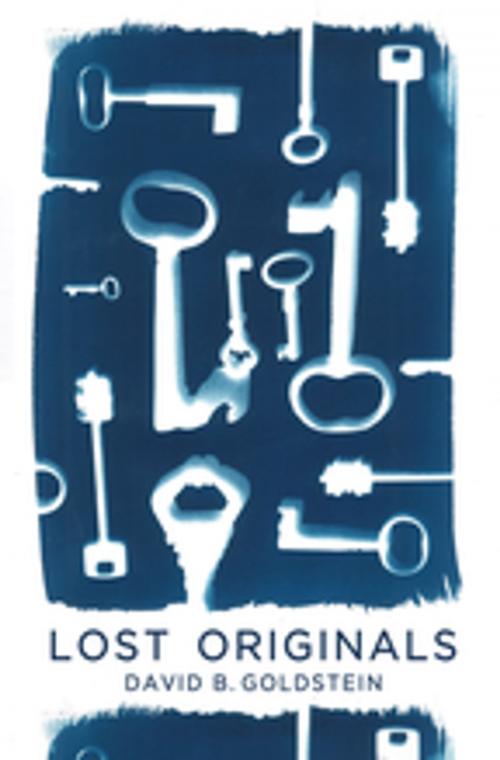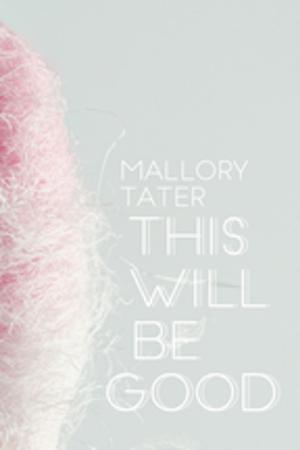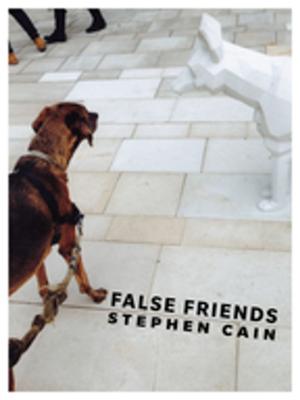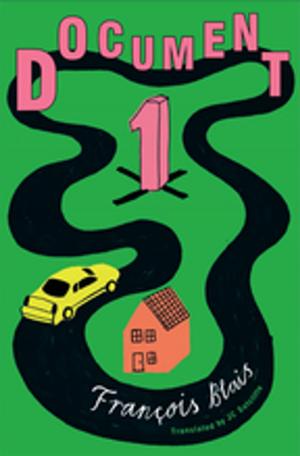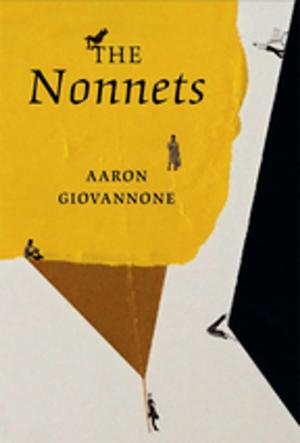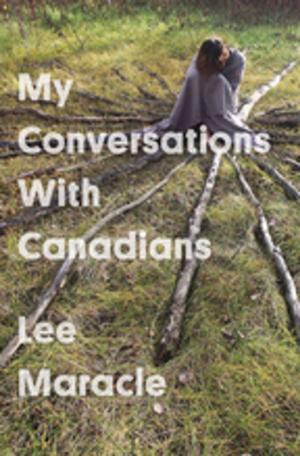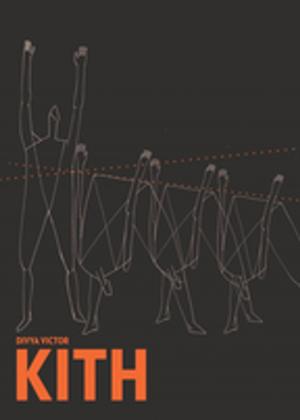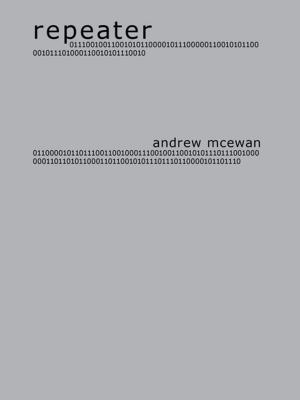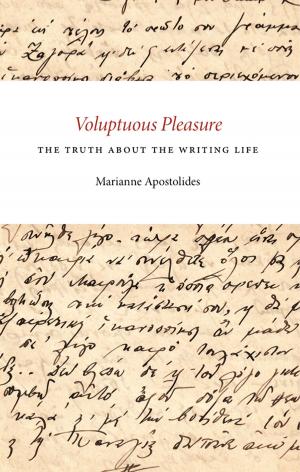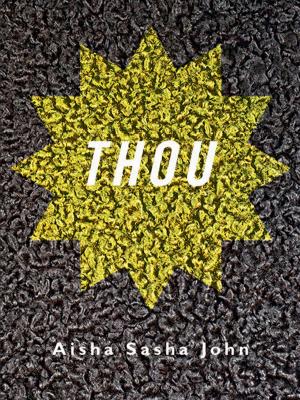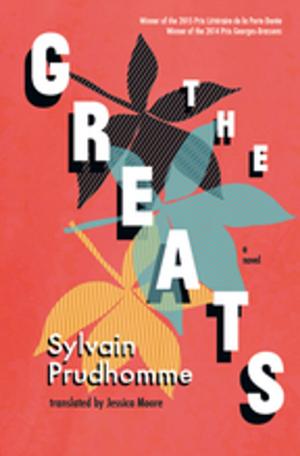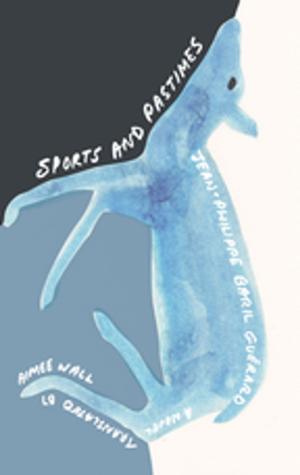| Author: | David Goldstein | ISBN: | 9781771662758 |
| Publisher: | BookThug | Publication: | October 6, 2016 |
| Imprint: | BookThug | Language: | English |
| Author: | David Goldstein |
| ISBN: | 9781771662758 |
| Publisher: | BookThug |
| Publication: | October 6, 2016 |
| Imprint: | BookThug |
| Language: | English |
Translation is the extrovert, metaphor the introvert. Without translation, there is no communication. Without metaphor, there is no art.
Lost Originals, the latest collection of poetry from writer and scholar David Goldstein, explores the potential of metaphoric translation to contribute to a conversation about originality, the power of objects, and the boundaries of poetry and language.
Taking as his foundation the notion that every act of speaking is a translation from one sort of experience to another, Goldstein's innovative poetic 'experiment' represent an elegy for a series of "lost originals" a group of objects and experiences that can only be accessed through language. In this way, Goldstein's encounters with a menagerie of objects and sources—from porcelain figurines and maps, to computer-generated email spam and journalism about sharks—yield a myriad of voices, giving metaphorical speech to the unspeaking or unspoken, and at the same time, uncovering a surprising beauty in language normally viewed as impenetrable or utilitarian.
Translation is the extrovert, metaphor the introvert. Without translation, there is no communication. Without metaphor, there is no art.
Lost Originals, the latest collection of poetry from writer and scholar David Goldstein, explores the potential of metaphoric translation to contribute to a conversation about originality, the power of objects, and the boundaries of poetry and language.
Taking as his foundation the notion that every act of speaking is a translation from one sort of experience to another, Goldstein's innovative poetic 'experiment' represent an elegy for a series of "lost originals" a group of objects and experiences that can only be accessed through language. In this way, Goldstein's encounters with a menagerie of objects and sources—from porcelain figurines and maps, to computer-generated email spam and journalism about sharks—yield a myriad of voices, giving metaphorical speech to the unspeaking or unspoken, and at the same time, uncovering a surprising beauty in language normally viewed as impenetrable or utilitarian.
